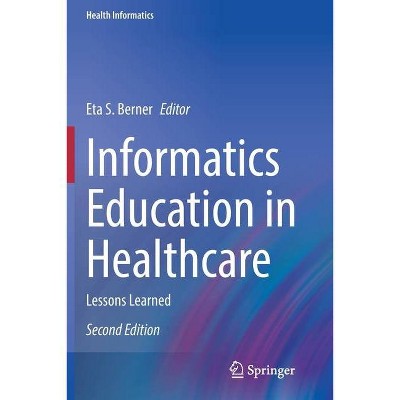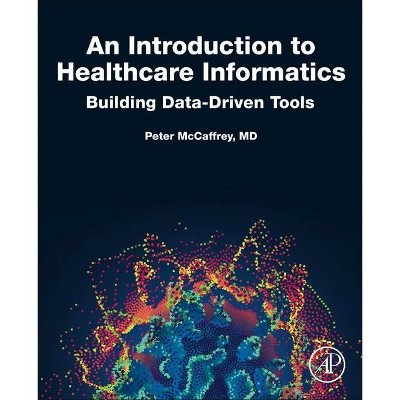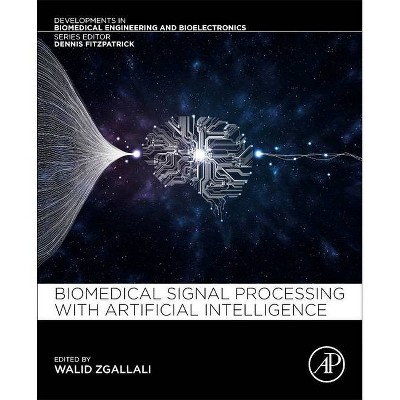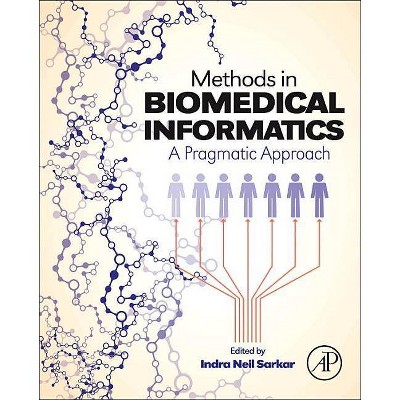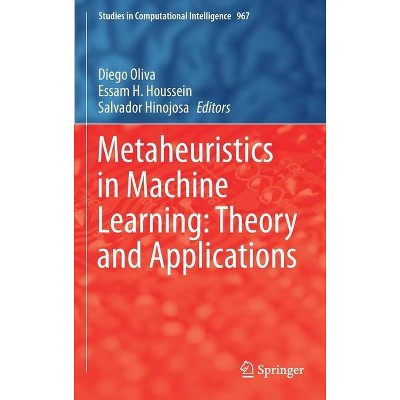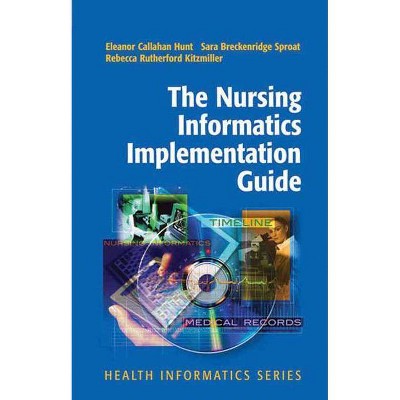Computational Intelligence and Healthcare Informatics - (Machine Learning in Biomedical Science and Healthcare Informatics) (Hardcover)
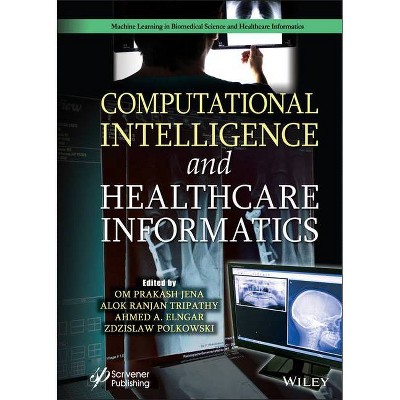
Similar Products
Products of same category from the store
AllProduct info
<p/><br></br><p><b> Book Synopsis </b></p></br></br><b>COMPUTATIONAL INTELLIGENCE <i>and</i> HEALTHCARE INFORMATICS</b> <p><b>The book provides the state-of-the-art innovation, research, design, and implements methodological and algorithmic solutions to data processing problems, designing and analysing evolving trends in health informatics, intelligent disease prediction, and computer-aided diagnosis. </b> <p>Computational intelligence (CI) refers to the ability of computers to accomplish tasks that are normally completed by intelligent beings such as humans and animals. With the rapid advance of technology, artificial intelligence (AI) techniques are being effectively used in the fields of health to improve the efficiency of treatments, avoid the risk of false diagnoses, make therapeutic decisions, and predict the outcome in many clinical scenarios. Modern health treatments are faced with the challenge of acquiring, analyzing and applying the large amount of knowledge necessary to solve complex problems. Computational intelligence in healthcare mainly uses computer techniques to perform clinical diagnoses and suggest treatments. In the present scenario of computing, CI tools present adaptive mechanisms that permit the understanding of data in difficult and changing environments. The desired results of CI technologies profit medical fields by assembling patients with the same types of diseases or fitness problems so that healthcare facilities can provide effectual treatments. <p>This book starts with the fundamentals of computer intelligence and the techniques and procedures associated with it. Contained in this book are state-of-the-art methods of computational intelligence and other allied techniques used in the healthcare system, as well as advances in different CI methods that will confront the problem of effective data analysis and storage faced by healthcare institutions. The objective of this book is to provide researchers with a platform encompassing state-of-the-art innovations; research and design; implementation of methodological and algorithmic solutions to data processing problems; and the design and analysis of evolving trends in health informatics, intelligent disease prediction and computer-aided diagnosis. <p><b>Audience </b> <p>The book is of interest to artificial intelligence and biomedical scientists, researchers, engineers and students in various settings such as pharmaceutical & biotechnology companies, virtual assistants developing companies, medical imaging & diagnostics centers, wearable device designers, healthcare assistance robot manufacturers, precision medicine testers, hospital management, and researchers working in healthcare system.<p/><br></br><p><b> About the Author </b></p></br></br><p><b> Om Prakash Jena PhD</b> is an assistant professor in the Department of Computer Science, Ravenshaw University, Cuttack, Odisha, India. He has more than 30 research articles in peer-reviewed journals and 4 patents. </p> <p><b> Alok Ranjan Tripathy PhD</b> is an assistant professor in the Department of Computer Science, Ravenshaw University, Cuttack, Odisha, India. <p><b> Ahmed A. Elngar PhD</b> is an assistant professor of Computer Science, Chair of Scientific Innovation Research Group (SIRG), Director of Technological and Informatics Studies Center, at Beni-Suef University, Egypt. <p><b> Zdzislaw Polkowski PhD</b> is Professor in the Faculty of Technical Sciences, Jan Wyzykowski University, Polkowice, Poland. He has published more than 75 research articles in peer-reviewed journals.
Price History
Price Archive shows prices from various stores, lets you see history and find the cheapest. There is no actual sale on the website. For all support, inquiry and suggestion messagescommunication@pricearchive.us
